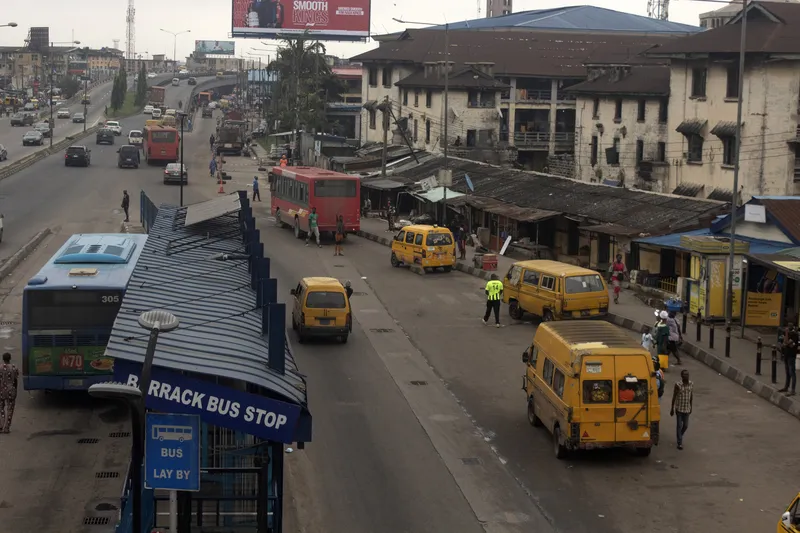GE Transportation and Transnet, Africa’s rail and ports operator, have announced a digital partnership to seamlessly connect shippers and transport operators, in a bid to make it easier for a company to understand pricing and capacity on the network, plan a shipment and get their goods to market.
The solution will be enabled by Predix, the operating system for the industrial internet and will connect shippers and transport operators by providing real-time, data-driven insights on the status of shipments.
February 17, 2017
Read time: 2 mins
The solution will be enabled by Predix, the operating system for the industrial internet and will connect shippers and transport operators by providing real-time, data-driven insights on the status of shipments.
The solution will take laborious processes, like payment, customs and inspection, from paper to digital, and create an on-demand solution for transporting the 13 thousand containers and 620 thousand tons of goods delivered across Africa by Transnet each day. Africa’s intra-continental trade has nearly doubled since 1995, and the increasing volume of goods moving through the supply chain is creating transportation and logistical complexities that slow down shipments.









